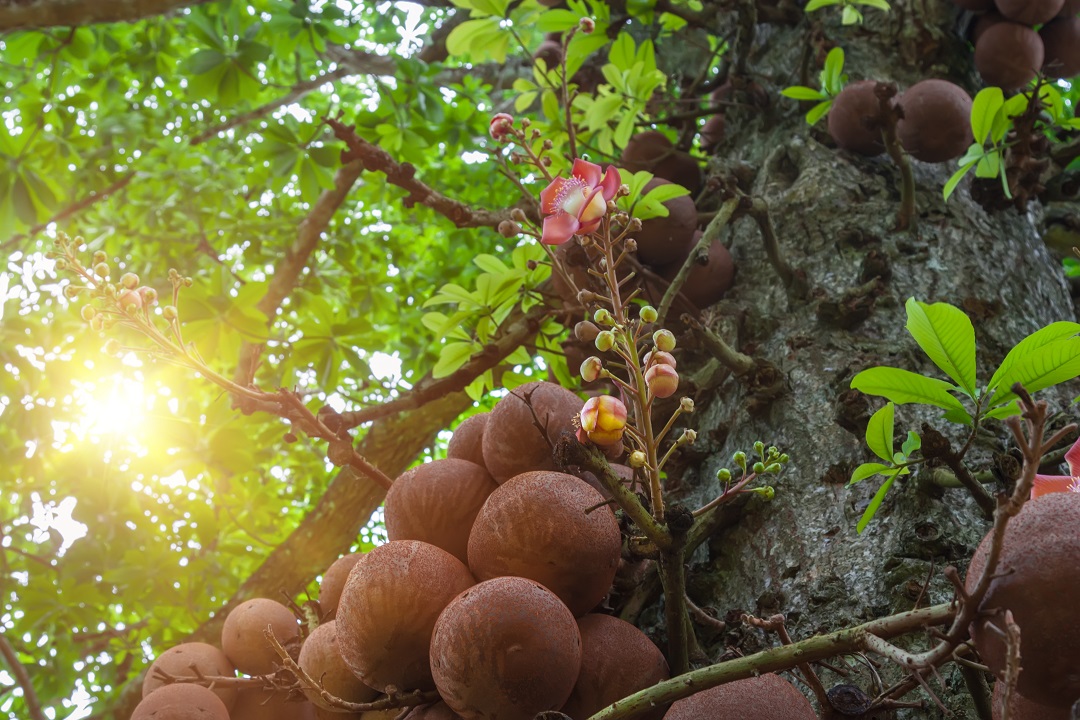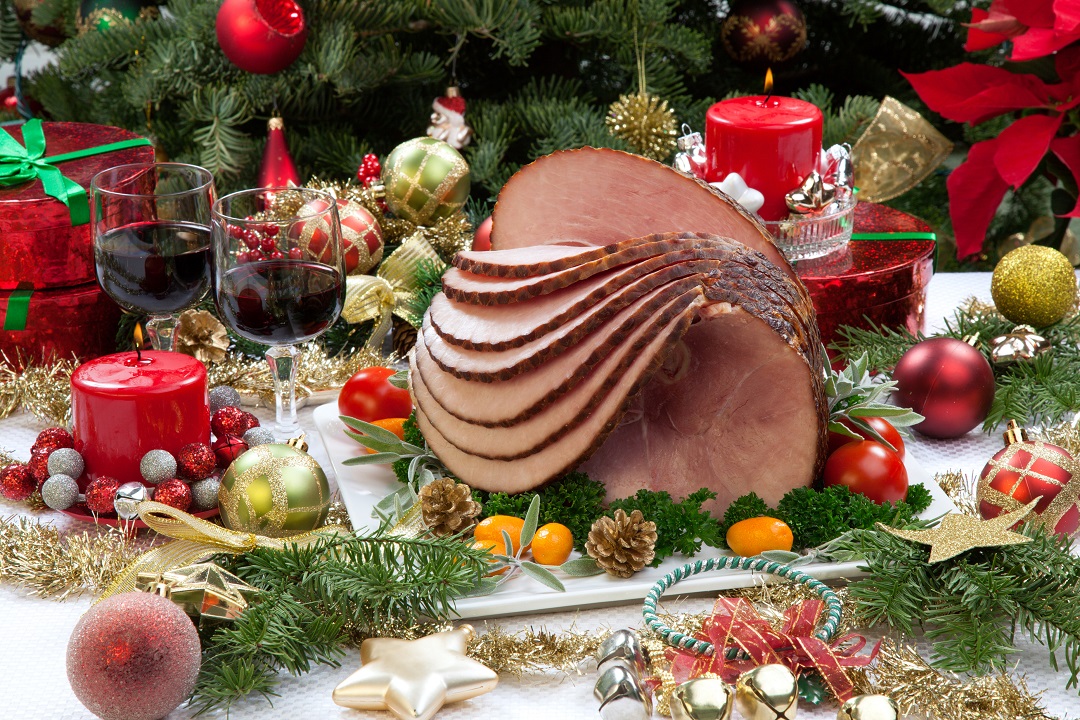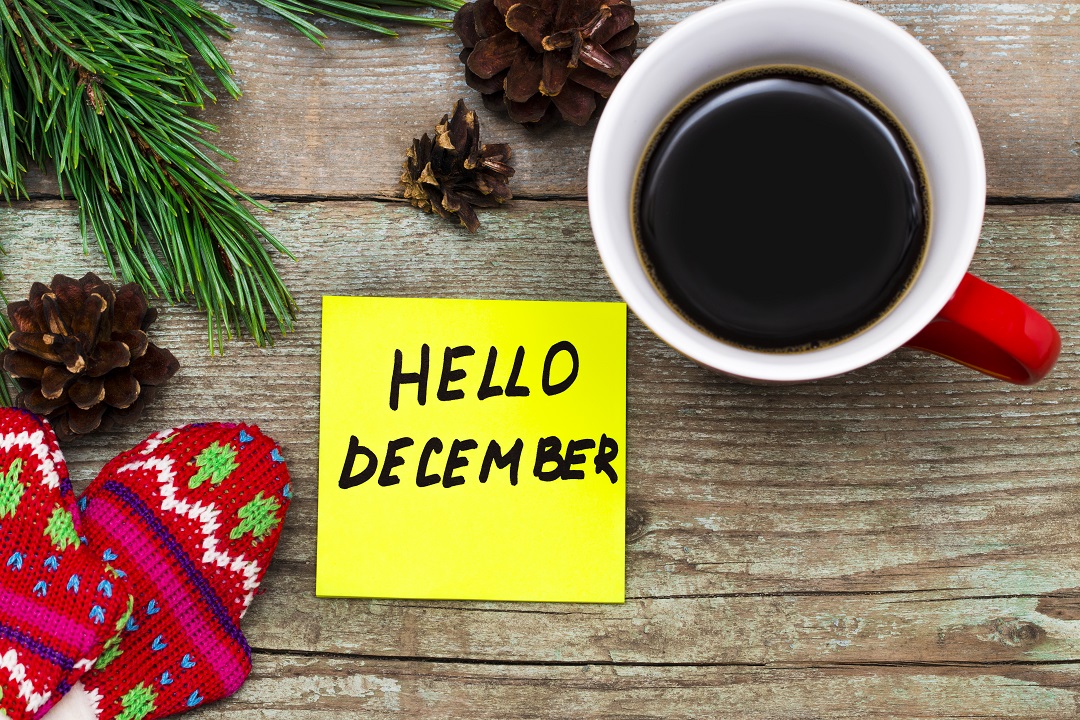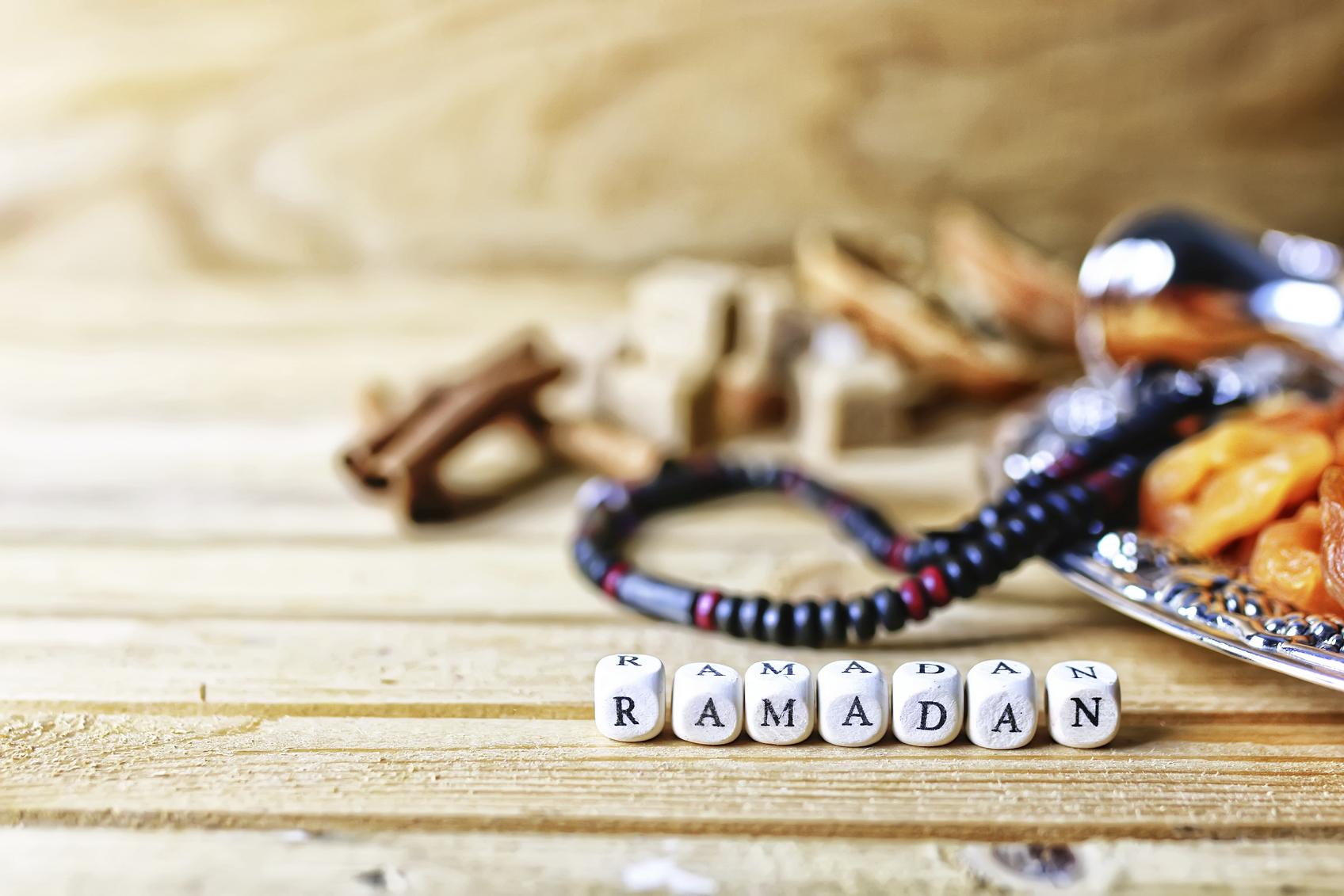In the United States, Christmas is one of the most well-known religious holidays, but there are many others celebrated in December and the winter months.
 December 2-10 – Hanukkah
December 2-10 – Hanukkah
Observance and Dietary Restriction
Hanukkah celebrates the return of the Jewish people to Jerusalem, their holy city, and a rededication of the Second Temple in Jerusalem. The Jewish people won a difficult battle during the Maccabean revolt but came to find their temple destroyed and vandalized. They searched for oil to light the 7 candles of the menorah but could only find enough to burn for one day. Miraculously, the oil lasted for eight days, which is why Hanukkah is an eight-day festival. Each night participants light another candle on the menorah to commemorate their victory and the subsequent miracle of the menorah.
How to include participants
Communal meals and feasts hold a special place in the Hanukkah celebration. Potato latkes and hot donuts are the most traditional, but you’ll also find brisket, short ribs, and noodle kugel on celebrants’ holiday tables. The only dietary restriction for celebrants is that all the food is kosher in accordance with Jewish law.
December 6 – St. Nicholas Day
Observance and Dietary Restriction
St. Nicholas is a Catholic Saint, particularly known for his generosity. When his parents died, he sold his inheritance and spent his life working with the poor. Although St. Nicholas Day is not widely celebrated in the United States, it is quite popular in European Christian countries such as the Netherlands and Romania. Children will put shoes outside their door in hopes that St. Nicholas will leave them a present there during the night.
How to include participants
There are no dietary restrictions for this holiday.
 December 8 – Bodhi Day
December 8 – Bodhi Day
Observance and Dietary Restriction
Bodhi is the Buddhist holiday commemorating transcendence. It is the day that Buddha meditated under a Bodhi (fig) tree until he found enlightenment. To celebrate this day, celebrants will decorate small Bodhi trees in their homes. They will use ornaments that represent the Three Jewels: Buddha, Dharma and Sangha. Meditation is also a part of their practice, while others will visit Buddhist shrines or temples. As for food, many Buddhists will serve cookies in the shape of a Bodhi tree or Bodhi leaves.
How to include participants
There are no dietary restrictions during this holiday.
December 18 – Gita Jayanti
Observance and Dietary Restriction
The Hindu celebration of Gita Jayanti celebrates the Bhagavad Gita, the Hindu sacred text revealed to a famous archer by Krishna himself. Celebrants will often gather together to listen to recitations of the Gita or watch plays and re-enactments of the stories within it. There are lectures and sermons offered.
How to include participants
Celebrants of Gita Jayanti will most likely fast, so it’s important to honor that tradition. Do not obligate eating a shared meal at events. If possible, avoid scheduling meetings that involve food on this day.
 December 24-25 – Christmas
December 24-25 – Christmas
Observance and Dietary Restriction
Christmas is a Christian holiday that has become part of popular culture in Western society. The holiday celebrates the birth of Jesus 2,000 years ago. The holiday is marked by gift exchanges and family gatherings around food. There are variations around the world and linked holidays, such as Advent (a time of waiting) and the Three Kings Day, to celebrate the visit of three wise men to the manger where Jesus was born.
How to include participants
There are no dietary restrictions for this holiday.



